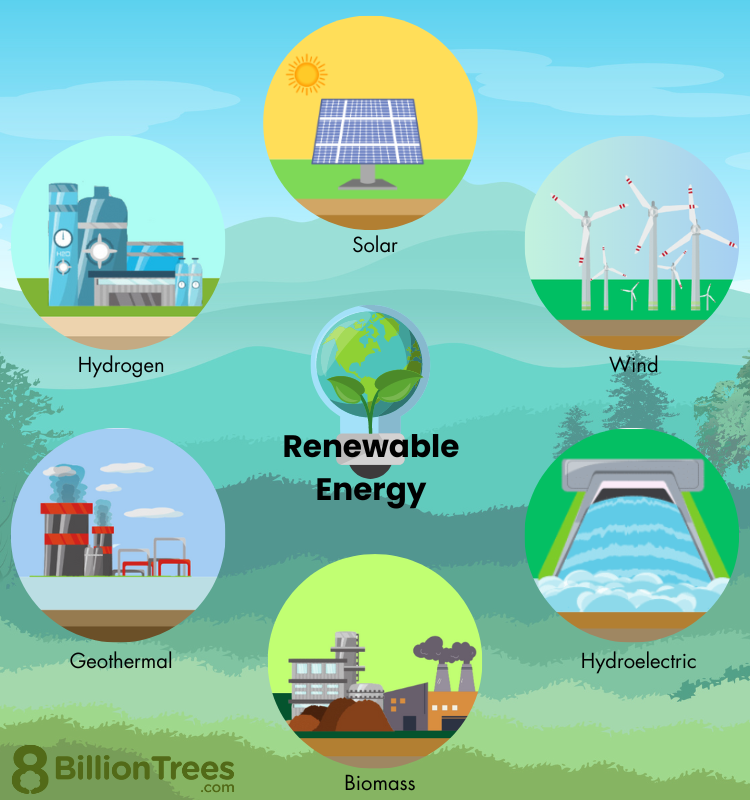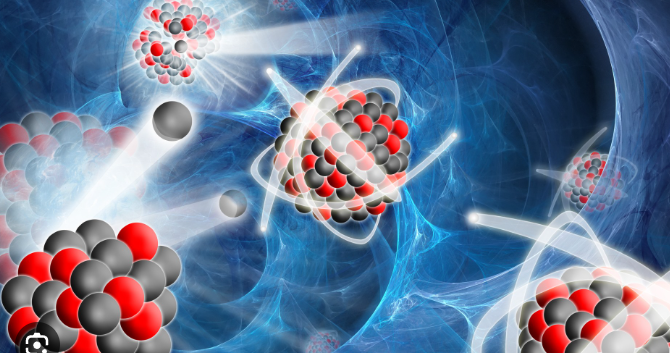Aims of the course:
Unit I Discuss about the Kirchoffs law and the importance of net work theorems
Unit II Explains about semiconductors and its conditions, diode characteristics, rectifiers and calculation of efficiency, different types of filters, zener diode and its application as a voltage regulator
Unit III Describes about the CB, CE and CC Characteristics, DC & AC load lines, transistor characteristics, different types of transistor biasing and transistor as an amplifier
Unit VIII Explains the Parameters of op- amp and op-amp as inverting, non inverting, summing, differentiator and integrator amplifier and its applications in device fabricationsThe course provides a comprehensive understanding of work, energy, and
power fundamentals. It includes various forms of energy such as renewable
and conventional systems like coal, oil and natural gas. It explores the impact
of non-conventional energy sources on global warming and examines
approaches to energy conservation and governmental policies. Moreover,
this course also covers specific renewable energy sources like solar, wind,
hydro, tidal, and wave energy. The course touches upon other energy
sources, storage methods and provides a broad overview of energy systems
and technologies.

This course familiarize the fundamental properties of nucleus, its structure, models, nuclear
reactions, nuclear detectors and accelerators.

